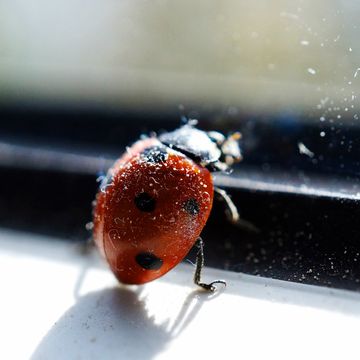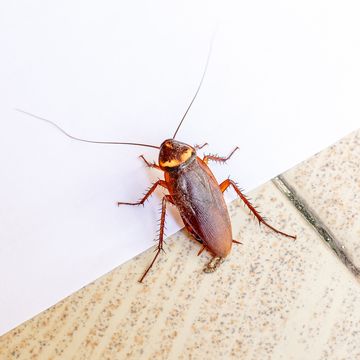- Olive ridley sea turtles have hatched on India’s eastern coast and were seen crossing the beach during the daytime.
- Olive ridley turtles are considered endangered in Mexico, and populations are threatened globally.
- Some reports speculate that India’s lockdown has helped the baby turtles thrive.
Every year, olive ridley sea turtles hatch and head to sea on India’s eastern coast, primarily in the states of Odisha and Maharashtra. But this time around, the spectacular event played out a bit differently. The baby turtles were spotted crossing the sand during daytime for the first time in nearly seven years, according to local reports.
Olive ridleys are one of the smallest sea turtle species, per Oceana, a nonprofit ocean advocacy organization. Due to human-related activity, they are considered endangered in Mexico and populations are threatened globally.
The beautiful creatures tend to make a show out of their mass nesting displays (known as arribadas—Spanish for “arrival”), which take place in Mexico, India, Nicaragua, and Costa Rica. Indian beaches are typically home to more than 500,000 of these nests annually.
Fun fact: All female sea turtles nest on the beach where they were born. After laying up to 200 eggs in a single nest, they return to the ocean. The eggs hatch in about 50 to 60 days and the baby turtles make the journey to sea together (if they can escape predators like seabirds and crabs), per Oceana.
“The last time we saw daytime nesting of olive ridleys along this site was in 2013,” local forest officer Amlan Nayak told Mongabay-India. “Usually, they come on to the beach for nesting only during the night.”
Many outlets have reported that the turtles are finally free to cross the beach in broad daylight because people have abandoned the area due to the coronavirus pandemic. But some local officials aren’t totally convinced, stating that it’s hard to tell what kind of impact the lockdown has had on an environmental phenomenon like this one.
Mongabay-India reported that it’s possible the lockdown helped result in a safer environment for the turtles to hatch in, due to cleaner beaches. “The advantage of lockdown was that we could divert our workforce more towards cleansing the debris on beaches and counting the nesting activities. When tourists come, part of our manpower is diverted to regulate and manage them,” Nayak said.
Whatever the reason for their daytime trek, it’s a truly marvelous sight.
Support from readers like you helps us do our best work. Go here to subscribe to Prevention and get 12 FREE gifts. And sign up for our FREE newsletter here for daily health, nutrition, and fitness advice.
Alisa Hrustic is the deputy editor at Prevention, where she leads the brand’s digital editorial strategy. She’s spent the last five years interviewing top medical experts, interpreting peer-reviewed studies, and reporting on health, nutrition, weight loss, and fitness trends for national brands like Women’s Health and Men’s Health. She spends most of her days diving into the latest wellness trends, writing and editing stories about health conditions, testing skincare products, and trying to understand the next greatest internet obsession.











